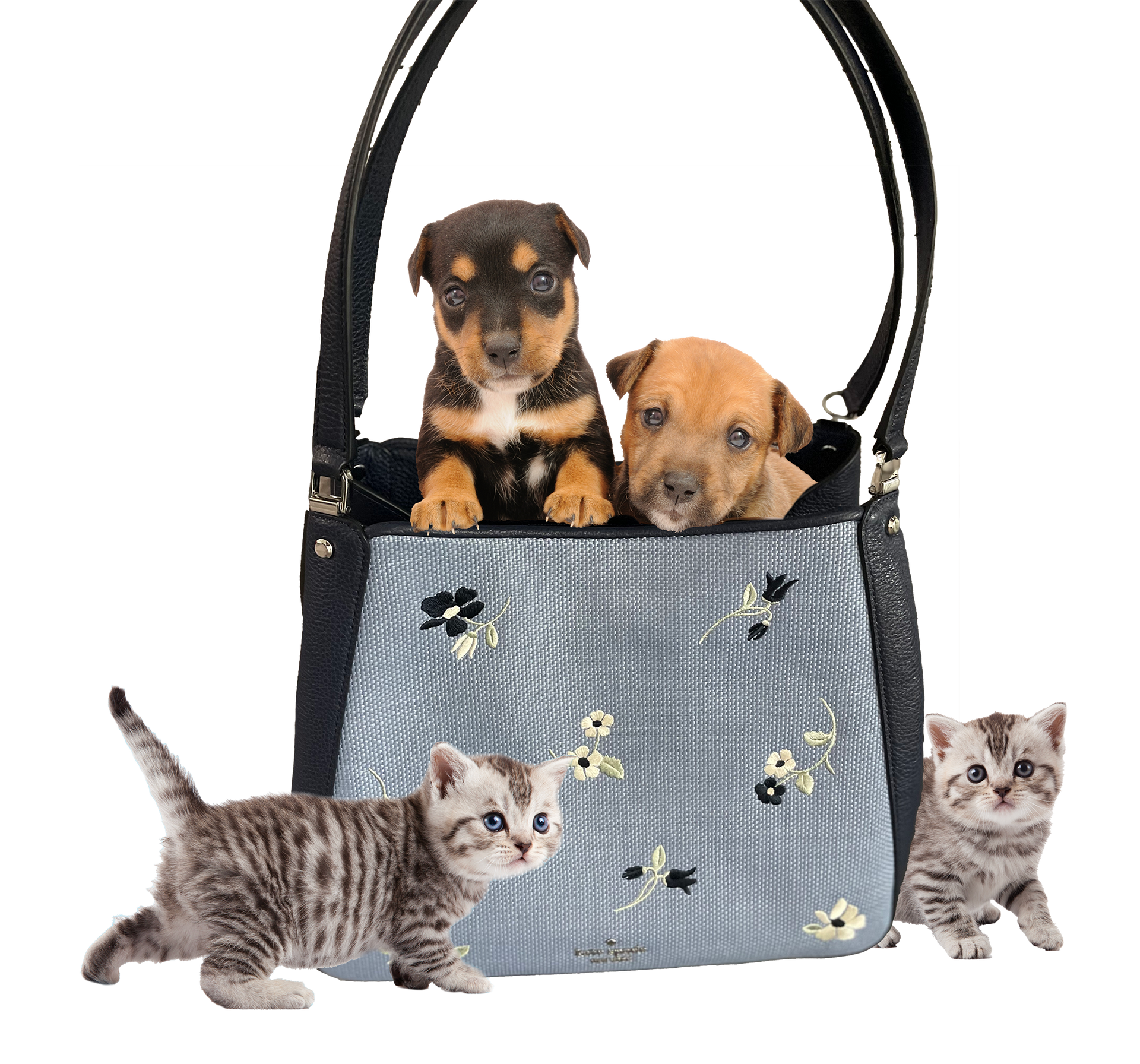Barn Cat Program
Learn more about our Barn Cat Program

Barn Cat Placement Program
The Caroline County Humane Society is pleased to announce their Barn Cat Placement Program. We are looking for cat lovers who have a barn or other secure outdoor structure that are interested in adopting cats that are not suitable for life inside of a house or are unhappy living inside. Cat temperaments range from feral to friendly.
This program is designed to find homes for cats that have traditionally been deemed un-adoptable through our “normal” adoption procedures. If you have a safe, warm barn and would like to adopt barn cats, please call or fill out and return a Barn Cat Application or apply online.
Barn cats benefit their caretakers! Supporting a barn cat is the safest way to control the rodent population in your barn. There are no poisons for children and pets to get into and no need to set nasty traps. They will help keep rodents away from grain and food storage areas, and you’ll enjoy watching the cats as well as have the satisfaction of giving them a much-needed home! Consider adopting a barn cat. We will assist you while the cats settle into their new home.
Due to the nature of the program, we may not have suitable cats available immediately, but will try to fill your request as soon as possible. We will maintain a waiting list, as the number of cats available as candidates for the Barn Cat Program will fluctuate. Filling out an application is the first step to adopting. A CCHS staff member or volunteer will visit the proposed location to ensure it will provide suitable shelter. When we have Barn Cats for you, you will be asked to sign an Adoption Contract.
Cats that are placed into our Barn Cat Program fall under three main categories:
- Cats whose litter box habits are not consistent enough to be inside only cats and/or who have lived or spent time outside per their previous owner.
- Cats who were found as strays, and who may be too independent to appreciate living in a house.
- Cats who are shy/fearful of people, and prefer the company of other cats and animals
We will not place cats who are best suited to be house pets as barn cats and we won’t place kittens under age 4 months as barn cats, unless they are feral/semi-feral without hope of becoming socialized. (This “may” be waived on a case by case basis.)
What Will You Provide?
- A warm, secure, dry barn or building in which the cats can live out their lives.
- The commitment and ability to keep the cats confined to a crate or exercise pen with a wire top for up to four weeks to acclimate them to their new environment before release.
- A clean litter box that is scooped and/or cleaned daily while confined.
- A constant supply of dry food and fresh water. While confined and for a short while after release, you will provide a small amount of canned food daily. What cat can resist that?
- Monitoring and providing for the safety and well-being of the cat as its caretaker.
- The willingness to trap and vaccinate the cat once every three years, and to provide licensed veterinary care in the event of a severe injury or illness.
- Spending time daily making verbal contact with the cat so that it becomes familiar with you.
What will CCHS provide?
- All cats will appear to be in good health and have had a brief, general exam by a vet
- All cats will be leukemia/FIV tested
- All cats will be spayed or neutered prior to placement
- All cats will be vaccinated against FVRCP and rabies
- All cats will be examined and treated for fleas and ear mites prior to placement
- All cats will be ear-tipped
- CCHS will provide detailed instructions on safely confining, releasing and maintaining the barn cat.
Why does the cat have to be confined for the first 2-3 weeks?
- Cats need to be confined initially in their new home for at least two to three weeks in order to familiarize the cats with their new environment, so that they will remain on the premises. Even though there are instances of cats remaining when they have escaped upon arrival, this is rare and most cats will take off, never to be seen again.
- Other than being dangerous for the cat, this can be traumatic for the caregiver who has usually put a lot of time, energy, money, and care into the cat.
- Some people see confinement as cruel, but a short confinement period is a very necessary part of the relocation project.
- Not confining the cats and having them run off could mean a far worse fate for the cats. You should know that during the first day or two, the cats may struggle to find a way out. Most cats settle down in the cage after a day or two when they realize that no harm will befall them.
In winter, a small crate should be bedded with thick towels, or straw. Additionally, the caregiver may wish to place bales of straw around the enclosure to help maintain warmth for the confined cat. During spells of freezing weather, the caretaker must be sure to give fresh water throughout the day as the cat’s water becomes frozen. There are various devices available to keep water from freezing. We can provide sites where these can be purchased. In summer, proper ventilation is vital to prevent overheating. Cats can and do become overheated.
What happens after the confinement period?
It’s best to close all doors and windows in the barn, open the cage door in the evening, then leave. The cat will want to explore its new surroundings all night, as they are nocturnal. By morning it will have found good hiding places, although it may prefer the security of its cage. You can ease the transition by continuing to place their food and water in the cage for a few days with the door open. You will need to continue providing daily food and water after the cage is removed. Cats are territorial creatures. They will usually maintain a home base once their scent has been established, a continuous food source is provided, and they feel safe.
DO NOT RELEASE IF IT IS RAINING or the POTENTIAL FOR RAIN – Cats find their home by scent and rain will wash it away. Waiting one more day will not hurt. Leave the cages up for an additional five days, so the cat can get back in if it wants. After the release, we hope it thinks of that barn as home and decides to stay.
What if the cat doesn’t like its new home?
It will like the regular food and water you provide (cats cannot live on mousing alone). It may even begin to show affection. The key to success will be your patience while it adapts to the sights, sounds and smells of its new surroundings. Continue to speak softly to it, try hand feeding treats, and leave a radio on to help it get used to human talking and singing.
If you would like more information or would like to discuss the possibility of adoption in more detail, please call CCHS at 410-820-1600. You may also email us: info@carolinehumane.org . with any questions or to hear about the cats currently available in our Barn Cat Program.



